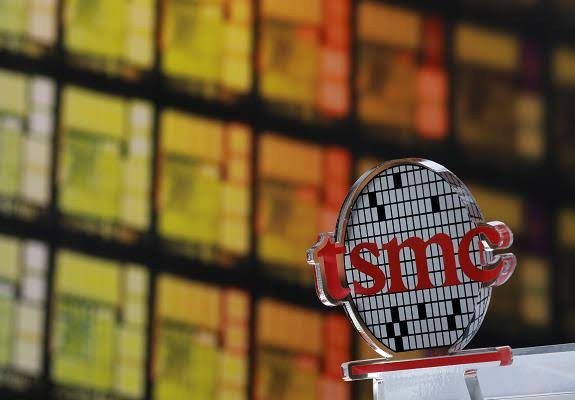The US government has reportedly increased the pressure on Taiwan Semiconductor Manufacturing Co. (TSMC) to produce its chips in the US, according to Nikkei Asian Review. The US is mainly concerned on the security of the chips that TSMC made for the use of its military. Sources close to Nikkei Asian Review shared that the US would like to make sure that high-security components are free from possible Chinese interference.
TSMC produces computer chips that the US used in its American F-35 fighter jets. The Taiwan-based chip maker is also the top supplier of Apple and Chinese telecom titan Huawei. TSMC also supplies 50 percent of the world's chip foundry business.
Other companies that source their chips from TSMC include Intel, Google, and Qualcomm. Apart from these, the chipmaker also provides high-performance chips to Xilinx, a US military supplier known for its components used in fighter jets and satellites.
Moreover, TSMC manufactures military-grade chips approved by the US Defense Department. These chips could be used by some of the company's other clients' military purposes. The report about the US putting pressure on TSMC is not new.
In Nov. 2019, Bloomberg reported the same thing. During that time, TSMC Chairman Mark Liu said that the company does not want to make that move. But, TSMC has repeatedly stated that it would not rule out purchasing or building a high-specification plant in the US.
However, the company also warned that this kind of move needs to be weighed decisively considering the cost of operation involved. "We are everyone's foundry," TSMC chairman said. He noted that the business would abide by the law in every territory it operates. "We will deal with every customer equally and fairly," he added.
It looks like the company is a bit diplomatic these days. Some officials from the US government talked to the company multiple times before the election in Taiwan reports Financial Times. Last year, Pentagon reached out to some TSMC customers and warned them of the security implications of their offshore production to TSMC.
The US Commerce Department Assistant Secretary Ian Steff made his third visit to the Taiwan chipmaker last month. He was able to talk to the company's executives such as Chairman Mark Liu and SMC founder Morris Chang in a private reception, says Nikkei. The Taiwan-based chipmaker became the main guarantor for Huawei's ongoing access to high-end semiconductors. It happened after the US barred the Chinese company from purchasing US components in 2019.






